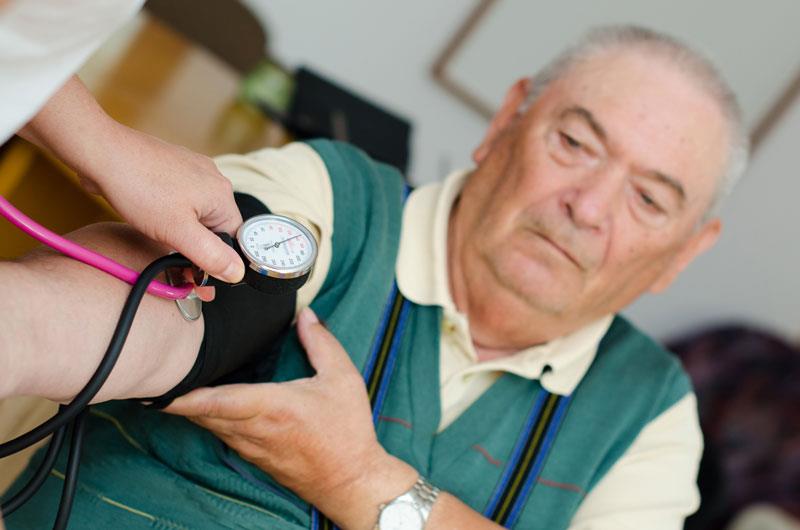
A recent study has shown no improvement in the rate of blood pressure (BP) control despite an increase in the prevalence of antihypertensive medication use.
“In contrast to clinical reasoning, participants with uncontrolled BP did neither receive more agents nor higher dosing despite outcome-relevant hypertension,” the authors said.
A total of 4,157 participants were analysed, of whom 2,289 (55.1 percent) had hypertension at baseline. Of these, 60.3 percent were on antihypertensive medications at baseline, and this increased to 75.1 percent at follow-up. The mean number of antihypertensive agents was 2±1 initially and at follow-up.
There was no improvement in the prevalence of medication-controlled BP over time (baseline: 54.5 percent; follow-up: 56.5 percent). When stratifying by medication-controlled BP, the medication dosing rate slightly increased over time with no between-group differences (controlled vs uncontrolled BP: 40.9 percent vs 46.2 percent at baseline; 50.1 percent vs 51.9 percent at follow-up).
“Our approach to analyse medication dosing suggests a potential to improve cardiovascular outcomes by increasing dosages of antihypertensive agents,” the authors said.
In this study, analysis was carried out using the baseline (2000–2003) and the first follow-up examination (2005–2008) data of the population-based Heinz Nixdorf Recall study. Participants with hypertension at baseline (BP ≥140/90 mm Hg of at least one antihypertensive agent) who participated in both examinations were eligible for analysis.
“To achieve BP control, adequate dosing of first-line antihypertensive medications is recommended in addition to lifestyle changes,” the authors noted.